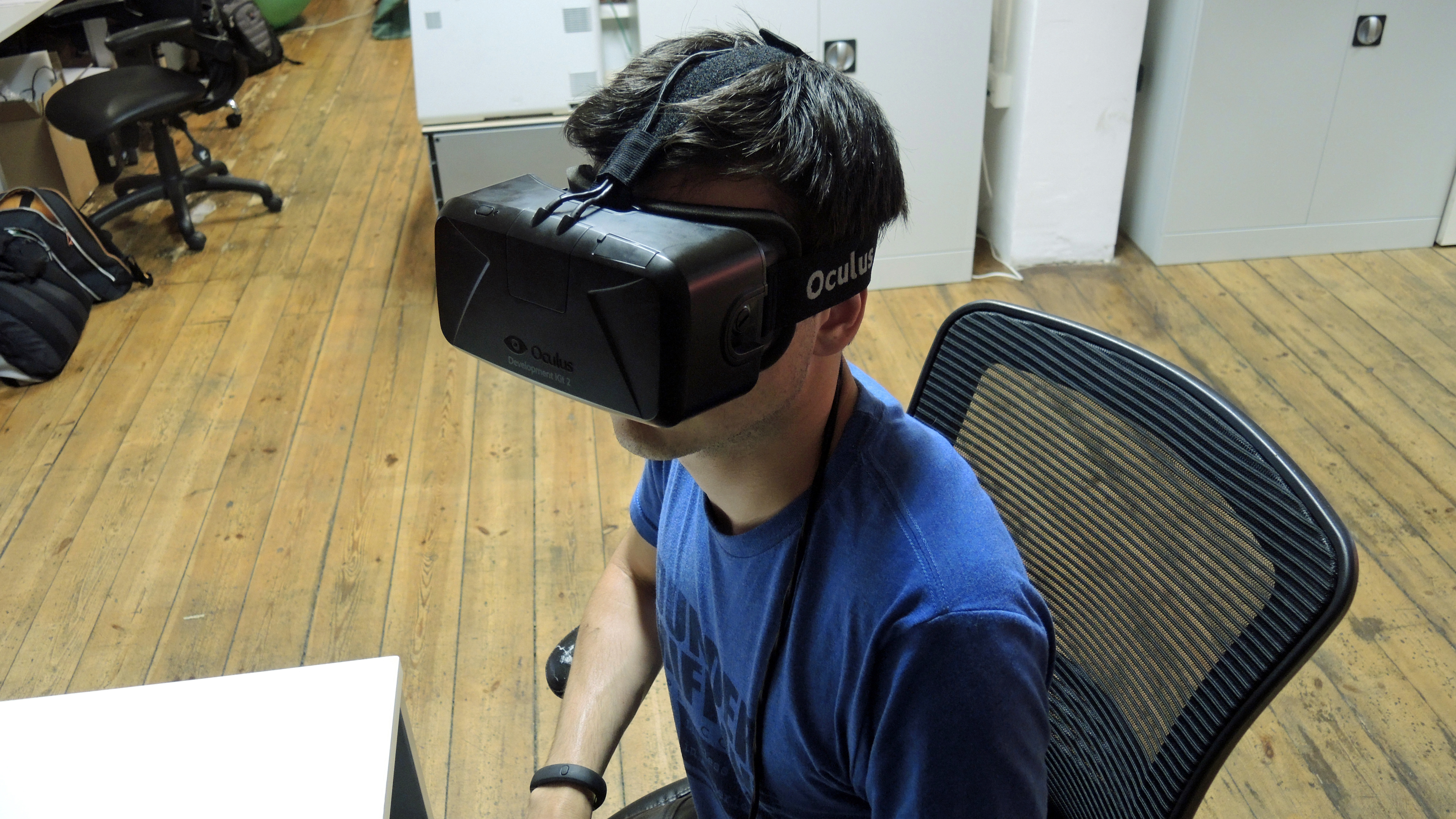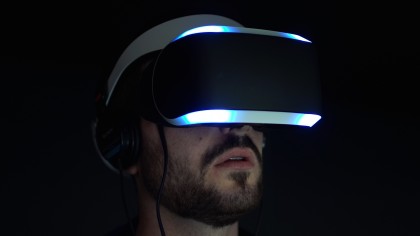
Virtual reality devices could be the next major computing platform to follow mobile. Just ask Facebook, which recently acquired Oculus VR, a technology company revolutionizing the way we experience video games. Some other major players in the virtual reality realm include Google Glass (through their augmented-reality capabilities in various games and apps), Sony's Project Morpheus, Microsoft's Kinect, CastAR and Canon's MREAL.
Virtual reality is about more than just gaming. The emerging technology is breaking boundaries into immersive and augmented experiences that can easily be applied to business practices. This is not to say that the future of the workplace and business strategies is centered around one technology like the Oculus VR, but rather on the approach to enhancing reality to bring the mundane world to life in new, previously unimagined ways.
Virtual reality can be applied to business practices in many ways. Think virtual tours of a business environment, a 360-degree view of a product, or a more immersive way to train new employees. These types of deeper-than-reality initiatives are the way forward for most businesses looking to drive their initiatives forward with innovation.

Customer service training involves teaching current and new employees the skills and knowledge required to increase, retain and understand customer satisfaction. Training generally includes how-tos on greeting customers, listening, body language, dealing with disgruntled users and appropriate tones of voice. All of these skills are difficult to hone when learning in the hypothetical. Imagine being able to simulate real-world situations with a disgruntled customer and walking through the process of addressing their concerns, resolving the issue and turning the unhappy customer into a satisfied one. Thanks to virtual reality, employers can now create a 3D customer service experience to place employees into replicated situations that will help them more easily prepare.
Gamifying virtual reality is a great technique as it taps into some fundamental principles of the human psyche. Games are competitive and status-oriented, and are responsible for delivering instantaneous feedback, which leaves those involved with reinforcement that drives hunger for more. This lends itself seamlessly to sales teams within corporations that are already used to performance-based environments, particularly those that are driven by competition. Competitions could consist of simulated sales situations; for example: a customer wandering the sales floor, deciding between models or trying to get a random passerby on the street to sign up for a service. These competitions can be designed to grade the salesman on merits such as close-rate efficiency, price point achievements and overall sales style.
Are you a pro? Subscribe to our newsletter
Sign up to the TechRadar Pro newsletter to get all the top news, opinion, features and guidance your business needs to succeed!
- 1
- 2
Current page: VR for training and gamification
Next Page HR, product development and in-store experiences